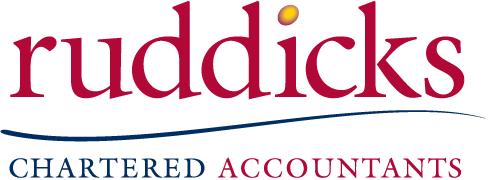Changes to Fringe Benefits Tax Announced by the Government
This announcement, designed to generate revenue to support the change from “carbon tax” to an Emissions Trading Scheme, has created a great deal of uncertainty and panic in the automotive industry and salary packaging specialist firms. With the Federal election on the horizon, it is impossible to say whether this proposal will ultimately be legislated and subsequently the announcement has seen employers put vehicle upgrades on hold until there is more certainty about the future of this proposal.
What does the change mean?
The changes will result in increases in FBT from 1 April 2014 for cars where there is minimal or no business use. It will also mean that salary package arrangements entered into from 16 July 2013, including purchases of new cars under existing salary sacrifice arrangements, may not result in any tax savings for employees and in some cases may not be worth entering into given the administration involved.
There remain other reasons for entering into salary sacrifice arrangements, such as possible fleet discounts and cheaper insurance options. These would need to be considered on a case by case basis.
Who does it affect?
The new rules will apply to all new car FBT arrangements entered into from 16 July 2013, or preexisting arrangements which are significantly varied after this date. The new rules will apply to these arrangements from 1 April 2014.
This affects:
- Employers who receive no reimbursement from employees for the private use portion of the cars;
- Employees who salary sacrifice cars with little or low business use;
- Employees who use employer-owned cars and reimburse the employer for private use portion of the car costs.
If you fall into one of the above categories and are considering acquiring a new car, you may be adversely affected by these changes.
Your Ruddicks adviser can provide further advice on the implications that this announcement may have on your tax position.
What is the effect of the change?
As the statutory formula will no longer be available for new car FBT arrangements, a logbook will have to be kept by employees for 12 weeks once every 5 years, provided the pattern of use does not change significantly.
If an employee does not keep a logbook, they will not be able to claim a reduction in FBT for the business use portion of the car.
Who is safe?
Where car FBT arrangements were in place prior to 16 July 2013, the statutory formula method can continue to be used until either the car is sold or the employment arrangement is terminated.
The change does not affect existing exemptions for taxis, panel vans, utes and other vehicles used solely for work-related travel.
Bottom line
While there is no certainty that these changes will go ahead, it is prudent to review all proposed new car FBT arrangements, in particular the more common scenarios of employer-owned cars provided to employees subject to employee reimbursements.
This change will result in most significant adverse effects for those on salaries of up to about $75,000, cars valued at around $30,000 and low to minimal business use.
If you are considering upgrading your car through salary sacrifice or you are an employer who provides cars to employees, please contact your Ruddicks adviser to discuss how these announced changes may affect your tax position prior to acquiring new vehicles or entering or re-negotiating your salary sacrifice arrangement.

